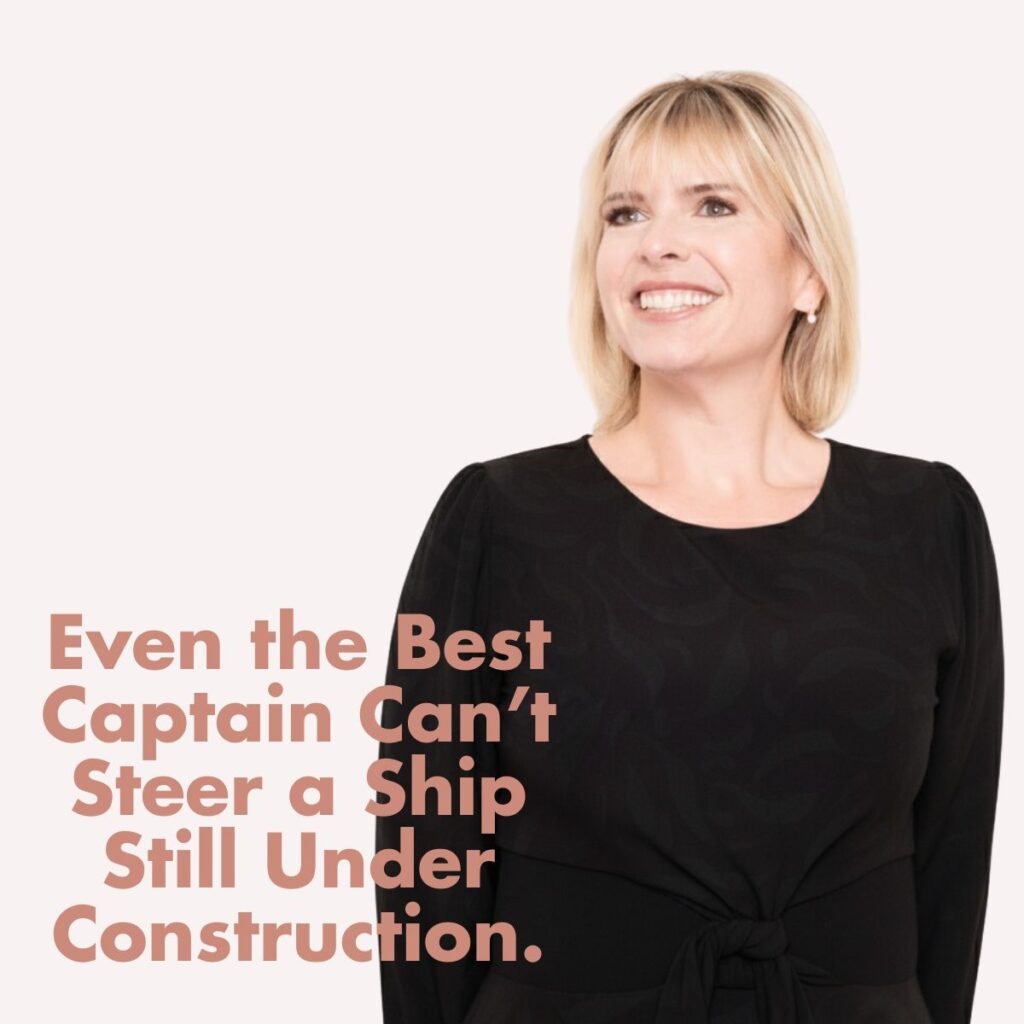“Should I hire an operations manager?”
Maybe not.
The inbox is overflowing, deadlines are constant, and you’re still the one catching the details. The instinct is to think, “If I just find the right person, they’ll clean this up.”
I used to believe an operations manager would save me. Until the third one quit.
Here’s what I’ve seen inside my own company, Gorilla Stationers, and in many others: operations and building are two separate things. Most operations professionals are great at optimizing, but not at building systems from scratch.
If intake happens five different ways, case handoff depends on memory, and no one’s really sure who owns what, most operations managers will struggle. They first need to understand what’s going on, then build a system, and only then can they run it. When they realize it’s not about running but about building, they often leave.
So before hiring someone to run the ship, ask yourself: is the ship built?
And by built, I mean:
• Standardized onboarding
• Clear case handoff
• A follow-up system that doesn’t rely on you at 10 p.m.
These are the things we as founders have to create first. In my experience, maybe one in a hundred operations managers is both good at building and happy to do it.
They’re two different jobs.
Don’t hire an ops lead to figure it out. Build the system first, then hand over the keys.
Because even the best captain can’t steer a ship that’s still under construction.

You Might also like
-
Jungle Book
The Big Oxmox advised her not to do so, because there were thousands of bad Commas, wild Question.
-
Why Control Doesn’t Create Quality
Why Control Doesn’t Create Quality
The moment I stopped equating control with quality, everything changed.
For years, I thought good leadership meant being close to everything.
Reviewing decisions.
Staying looped in.
Making sure nothing slipped.
It felt responsible.
It was actually exhausting.
What I eventually learned is this: proximity is not leadership.
Clarity is.
The strongest teams I’ve seen don’t need to be watched. They need to be aligned.
When people know the goal, the boundaries, and how decisions are made, something shifts. They stop waiting. They stop checking. They start owning.
This becomes very obvious the moment a leader steps away.
If things stall, it’s rarely because the team can’t handle it.
It’s because the clarity never fully left the leader’s head.
Real leadership isn’t about holding everything together through effort.
It’s about designing systems that hold without you.
Control feels safe in the short term.
Trust feels risky at first.
But trust is what scales. Post Views: 96
Post Views: 96 -
Later Is Where Standards Go to Die
Later Is Where Standards Go to Die
The most dangerous sentence in business is:
“We’ll fix it later.”
Later is where standards go to die.
Later is where small misalignments turn into culture problems.
Later is where top performers quietly disengage.
Later is where founders wake up wondering how things got so messy.
The truth?
What you tolerate today becomes tomorrow’s norm.
• A missed deadline you don’t address.
• A client boundary you don’t reinforce.
• A role you know isn’t clearly defined.
• A team member who’s overwhelmed but says “I’m fine.”
None of these explode overnight.
They compound.
Strong companies aren’t built on grand strategy alone.
They’re built on small corrections made quickly.
The best leaders I know don’t avoid tension.
They shorten the time between noticing and addressing.
Not aggressively.
Not emotionally.
Just clearly.
If something feels slightly off right now,
it probably is.
The question isn’t “Can we live with this?”
It’s “Do we want this to become the standard?”
What you fix early becomes strength.
What you delay becomes friction.
Choose wisely. Post Views: 73
Post Views: 73



